NATO, victim of several simultaneous disinformation attacks during the pandemic
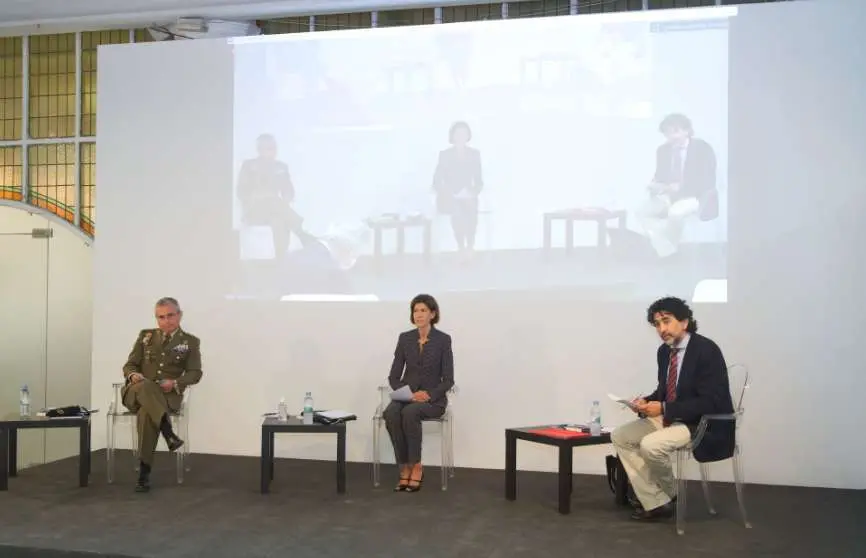
In polarised societies, clashes of stories feed confused realities. One of the most effective ways to destabilize a country is through the manipulation and dissemination of false information and messages with the ultimate goal of destabilizing and increasing the polarization of society. This has led to an increase in populisms, both on the left and the right, which use these uncertainties to increase their support. These abuses are corrosive to democratic values and are likely to weaken international institutions or organisations such as the European Union or the North Atlantic Alliance (NATO).
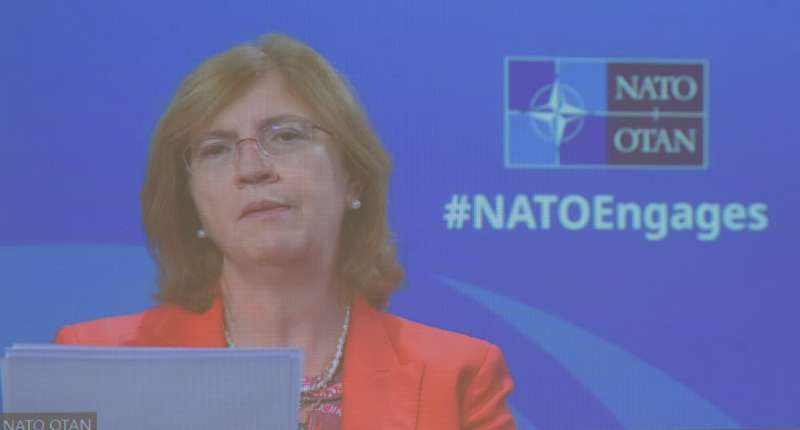
This was seen with the Brexit referendum and the US presidential elections, both in 2016, but also now in the midst of the coronavirus pandemic, where the use of propaganda and false messages, - the so-called fake news - pose a threat to states. What is the role of the media, the armed forces, business and the intelligence services? What are we doing to combat self-serving and disinterested disinformation?
These are some of the questions addressed at the seventh session of the 32nd International Seminar on Security and Defence organised by the Association of European Journalists under the title 'The politics of disinformation. The lie that kills'. The Director General of Defence Policy (DIGENPOL), María Elena Gómez Casto; the Deputy Secretary General of NATO for Public Diplomacy, Carmen Romero; and the Director of the Spanish Institute for Strategic Studies, General Francisco José Dacoba.
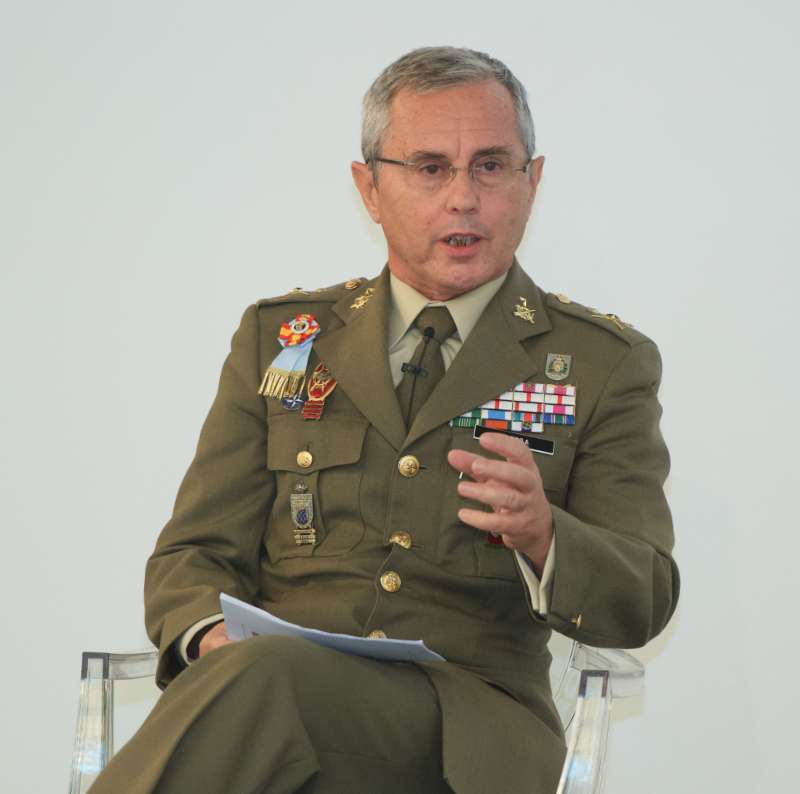
In the context of the COVID-19 pandemic as a background, misinforEl General Francisco José Dacobamation and post-confidence have become one of the main threats. "We (NATO) have been the target of attacks in the period from March to June. In just 48 hours, on 21 and 22 April, we detected three coordinated attacks against the presence of allied troops in Latvia, Estonia and Poland," Romero said.
The Alliance's coordinated response with the authorities of the countries affected: Latvia, Estonia and Poland, as well as coordination with the local media meant that these attacks did not amount to a major conflict, according to Romero. Disinformation is now part of a whole that we call hybrid warfare. The characteristics of disinformation and post-disinformation are intentionality and causing distorting effects, i.e. the use of false news has a malice and the simplicity of the message makes it possible to create parallel realities that can be the breeding ground for conspiracy theories.
"The misinformation in the COVID-19 crisis has come from outside, but it has been the citizens who have spread" this misinformation "and this is one of the key elements", the Director General of Defence Policy pointed out.
DIGENPOL has focused on responsibility at three levels: "individual, state and multilateral" in the face of disinformation campaigns.
Right now, "the war is on the people and the target is the people, who sometimes unconsciously become soldiers in this war of disinformation," said General Dacoba.
This is why, through collaboration between the different institutions, NATO-EU and the allied countries, as well as the behaviour of the people themselves in sharing and disseminating information, it is vital to control the spread of fake news. The damage of these attacks may be greater to the status quo and the values that Western societies defend and "above all, to the safety of citizens through false news".
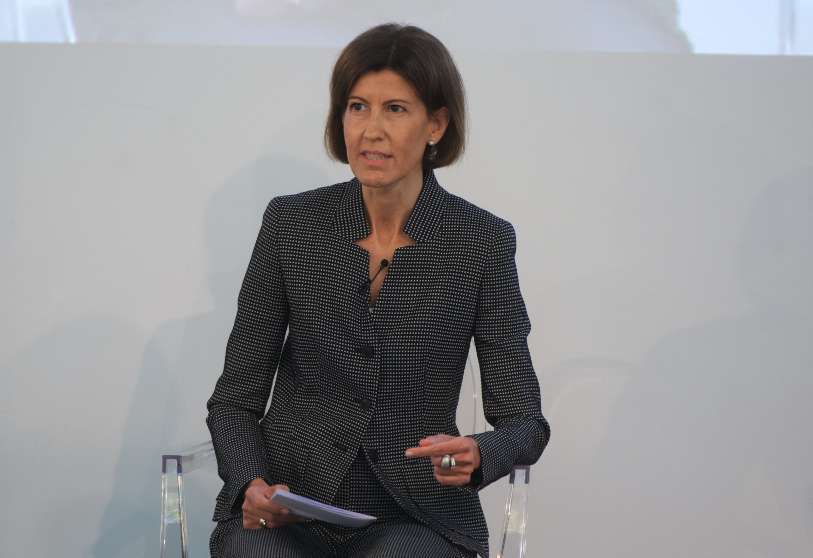
The national defence directive points to multiple state and non-state actors in this hybrid war in cyberspace, as well as the presence of transversal actors that have an impact on citizens. "Disinformation has become an integral part of the political strategies of those who want to destabilise. From Russia and China, and sometimes from their own official sources, I want to confuse Western society," warned the NATO Deputy Secretary General.
The Atlantic Alliance's approach involves a two-pronged strategy: one focused on understanding and analysing the information space, and a second focused on communicating actively and purposefully. "By understanding the information space, we have identified state and non-state actors who have exploited the pandemic situation to spread false information," Romero notes.
China and Russia have been the most active in this strategy of destabilising Western countries and the troops deployed in the allied countries. Examples such as Lithuania, Poland, Ukraine and Lebanon are some of the cases that General Dacoba has recalled. To counter this misinformation, NATO is actively communicating to counter these fake news stories based on facts and real actions. "Communicating three messages: that NATO remains prepared to deter attackers; messages of solidarity and keeping people safe have been aimed at preventing the health crisis from becoming a security crisis.
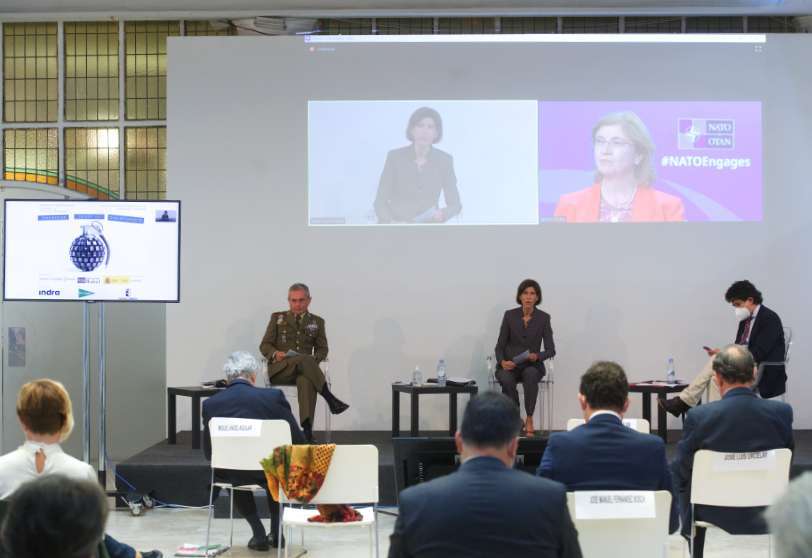
The challenge is complex and, despite all the measures taken by governments, international organisations and the armed forces, the fight against disinformation and propaganda in an interconnected world where a false message can reach thousands of people in a few minutes has become one of the main concerns. Disinformation is always one step ahead of any measure or legislation that seeks to regulate its effects. "States are the first to have to prepare responses to these threats, but it is the individual who is the key vector in stopping the spread", said Gómez Castro.
NATO, victim of several simultaneous disinformation attacks during the pandemic At the International Seminar on Defence and Security, NATO Deputy Assistant Secretary General for Public Diplomacy Carmen Romero described the attacks on allied countries in March and June








